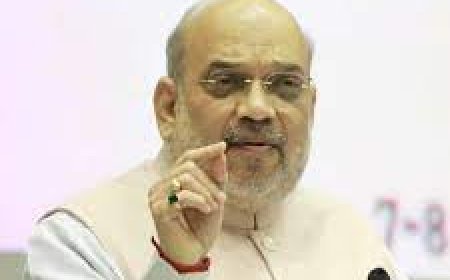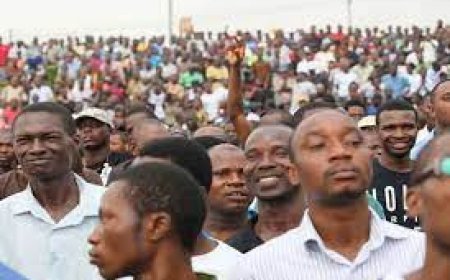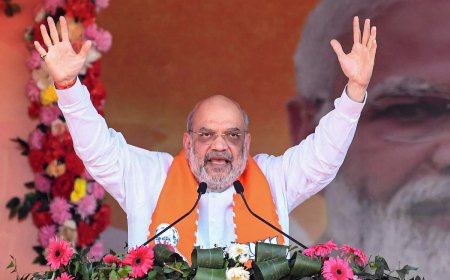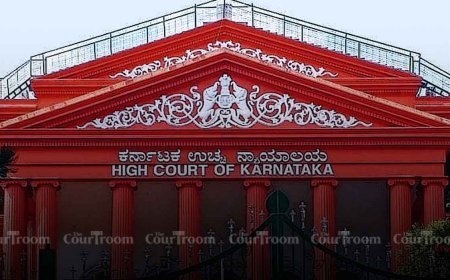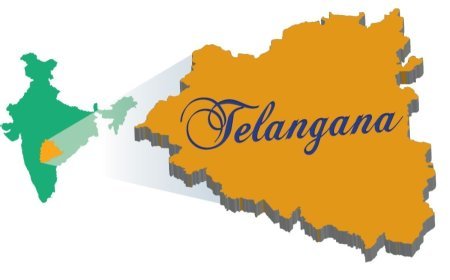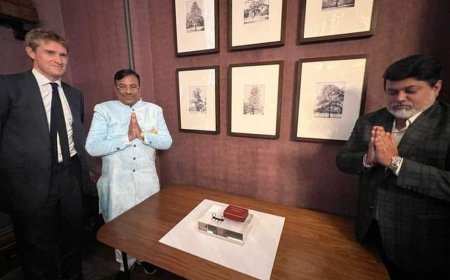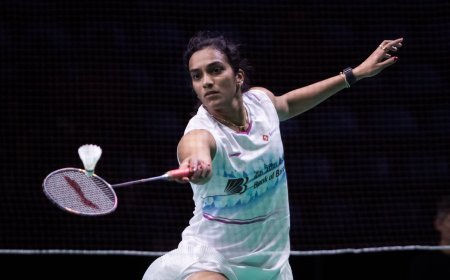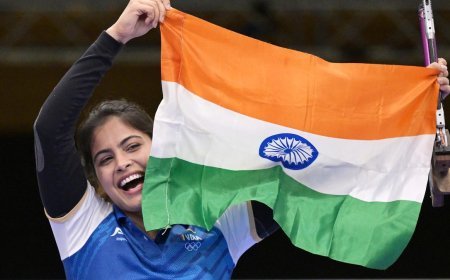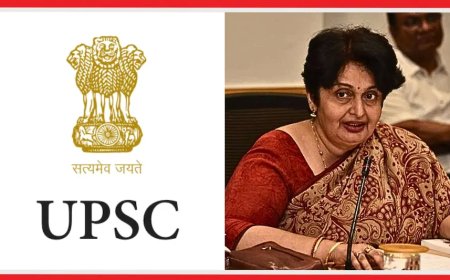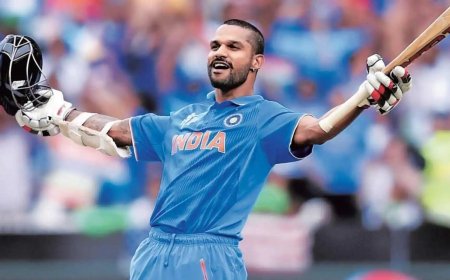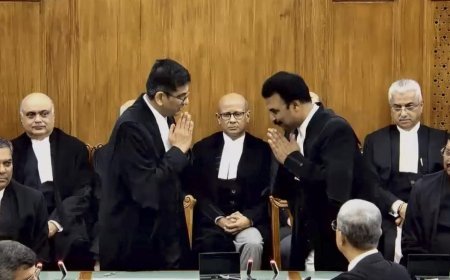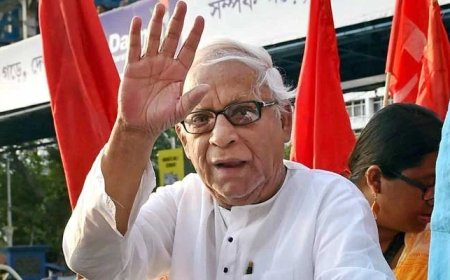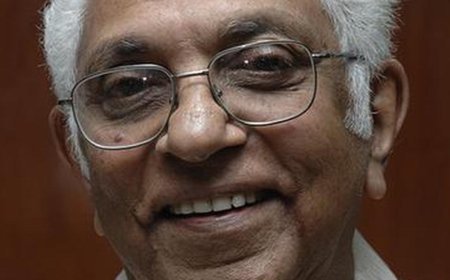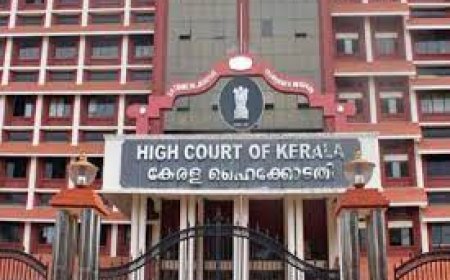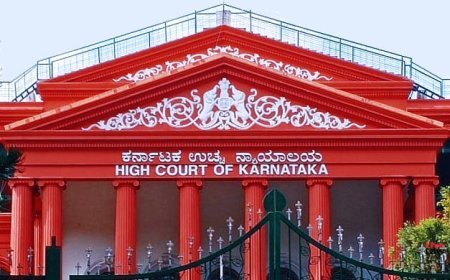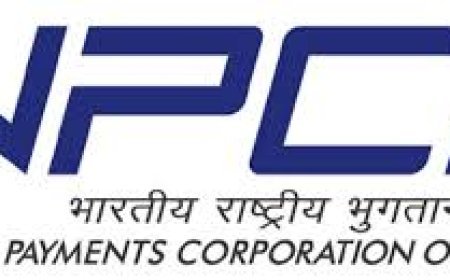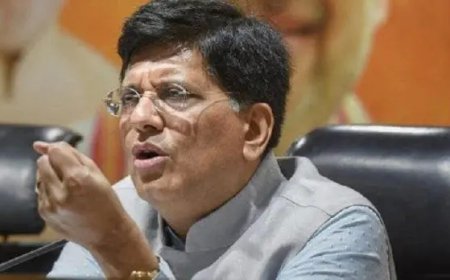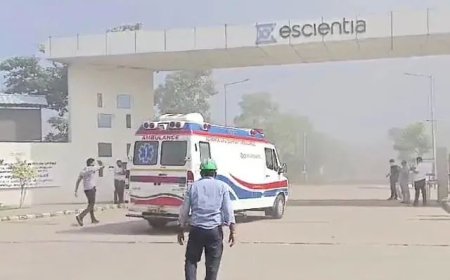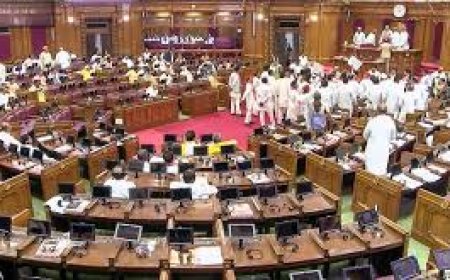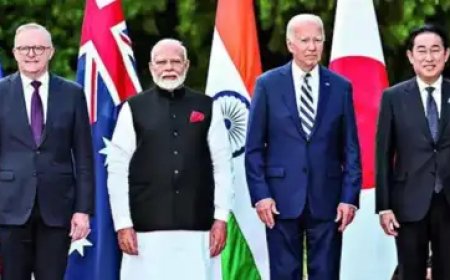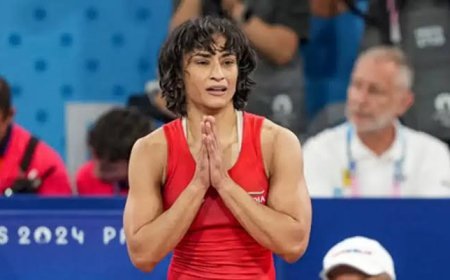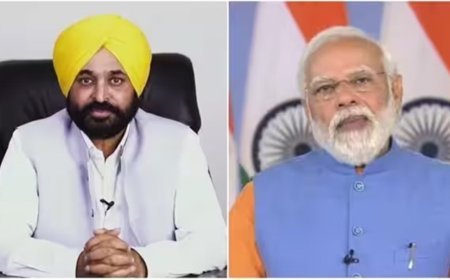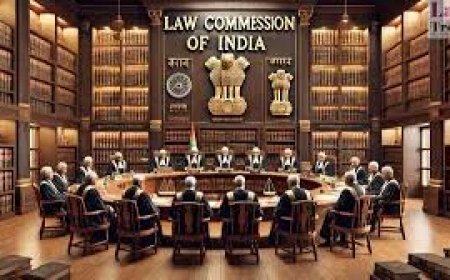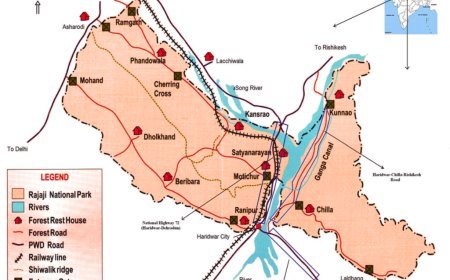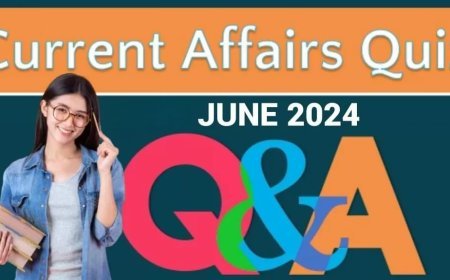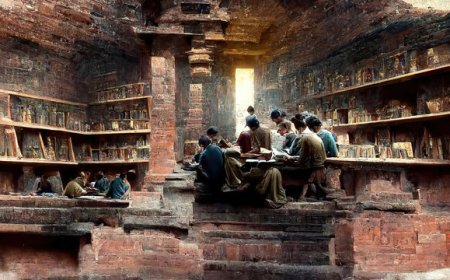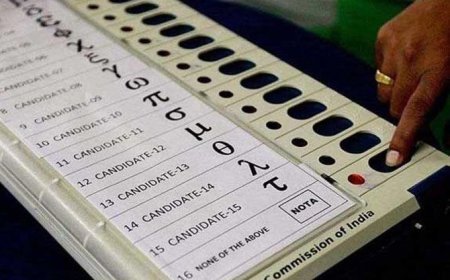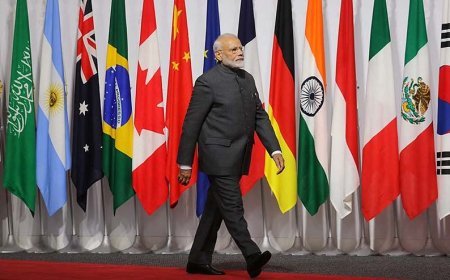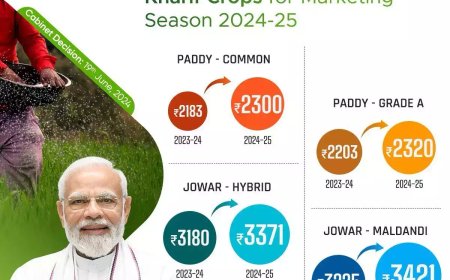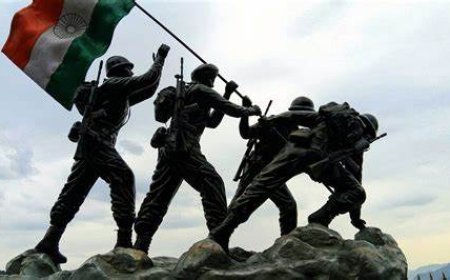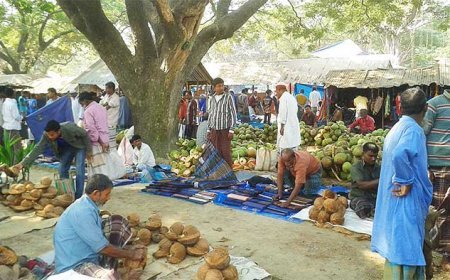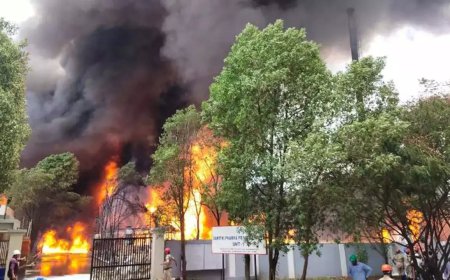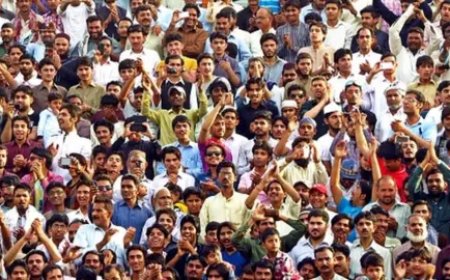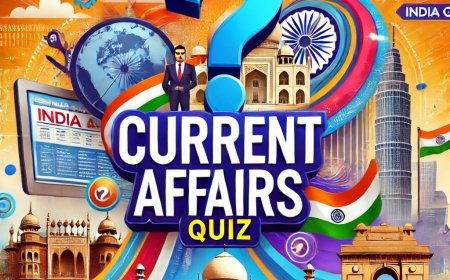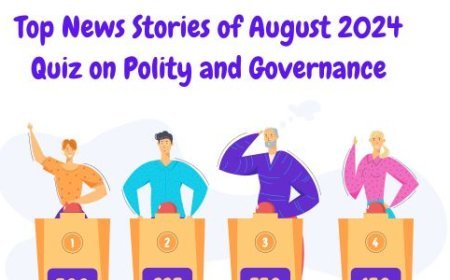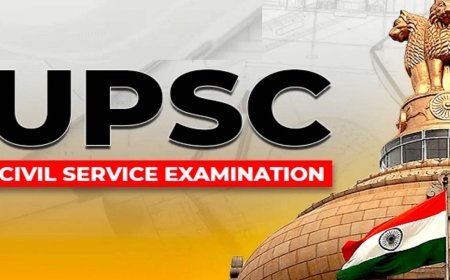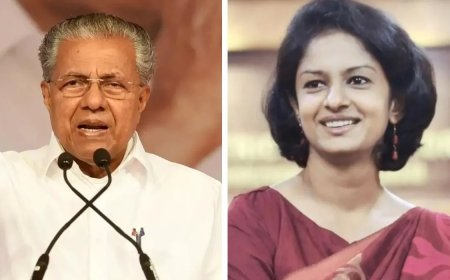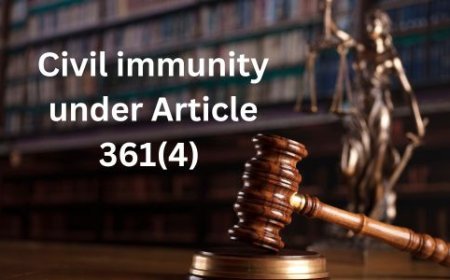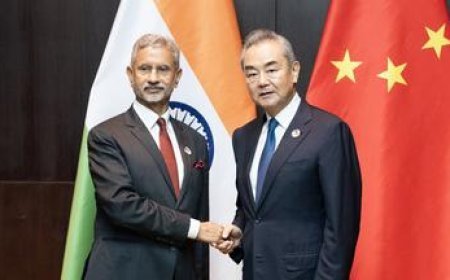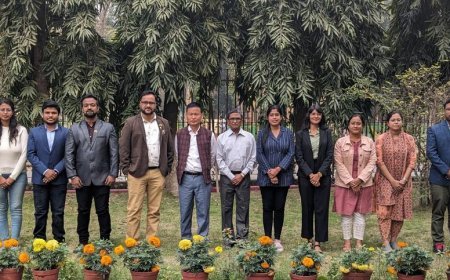June 2024: A Roundup of Polity and Governance News

18th Lok Sabha
- Constitution and Role: The 18th Lok Sabha was constituted based on the General Election 2024 conducted by the Election Commission of India. The Lok Sabha, as per Article 79 of the Indian Constitution, is the lower House of Parliament composed of representatives elected by direct election based on adult suffrage. The maximum strength of the House envisaged by the Constitution is 550.
- Pro-tem Speaker: A pro-tem speaker is a temporary speaker who presides over the first meeting of the Lok Sabha until a new Speaker is elected. The pro-tem speaker administers the oath to newly elected members and enables the House to elect a new Speaker
Coalition Governments
- Formation and Challenges: Coalition governments are formed when multiple political parties come together to share political power, typically when no single party achieves a clear majority. The 18th Lok Sabha election resulted in a coalition government led by the BJP, the single-largest party, which formed the government with its coalition partners.
- Anti-Defection Law: The anti-defection law does not apply to coalition partners if they withdraw support from the government. It deals with inter-party defections and individual members joining another political party.
Ending Defections
- Context:
- Engineering defections undermines the people’s mandate and the democratic process.
- Background and Context:
- Telangana has witnessed several instances of political defections since its inception in 2014, reflecting a broader issue affecting Indian politics.
- Legal Framework:
- The Anti-Defection Law provides an exception if two-thirds of a party’s members defect and merge with another party, but this has often been misused to engineer defections.
- Issues and Challenges:
- The Speaker’s role in disqualification cases is often influenced by party affiliations, leading to delays and biased decisions.
- Significance:
- Ensuring the integrity of the electoral mandate is essential for the health of democracy, requiring reforms to address loopholes in the Anti-Defection Law.
- Solutions:
- Amend the Anti-Defection Law to close loopholes, ensure timely and impartial decision-making, and strengthen the judiciary’s role in overseeing disqualification cases.
- Summary:
- Reforming the anti-defection framework is urgent to uphold democratic principles and ensure elected representatives remain accountable to their electorate. Addressing the misuse of the Anti-Defection Law and enhancing judicial oversight are crucial steps to preserve the integrity of the democratic process.
- President’s Role in a Hung Parliament: In a hung parliament, where no single party obtains an absolute majority, the President may use discretion to choose a candidate who can establish a stable government
The Nota Button on the EVM
- Introduction and Purpose: The None of the Above (NOTA) option was introduced by the Election Commission of India on the direction of the Supreme Court in 2013. It was first used in the 2013 legislative assembly elections. NOTA allows voters to express disapproval of all contesting candidates and was introduced to protect the secrecy of voters who do not wish to vote for any candidate.
- Impact: In the 2024 Lok Sabha elections, NOTA's vote share was 0.99%, slightly less than the 1.06% recorded in 2019. NOTA has no legal consequence; even if it receives the highest number of votes, the second most successful candidate wins
Political Representation of Women in India
- Current Status: In the 2024 Lok Sabha elections, India elected 74 women MPs, making up 13.63% of the elected strength of the Lower House. This is less than the 33% that will be reserved for women after the next delimitation exercise.
- Challenges: Women face various challenges in political representation, including male-dominated party structures, societal prejudices, financial dependency, and the threat of criminalized politics. Measures such as the Women’s Reservation Act, 2023, which provides 33% reservation for women in Lok Sabha and State Legislative Assemblies, aim to address these issues
Review of Village Government in India
- Key Issues: The World Bank Working Paper advocates for increased devolution of funds to Panchayati Raj Institutions (PRIs) in India. Key issues include funding dependency on state and central grants, lack of functionaries, and recentralization trends undermining local government sovereignty.
- Role of PRIs: PRIs play a crucial role in democracy by enhancing service delivery, empowering marginalized groups, and promoting community ownership and transparency. However, challenges such as limited reach of Gram Sabhas, restricted devolution, and staffing shortfalls hinder their effectiveness
Post Office Act 2023
- Modernization: The Post Office Act 2023 aims to modernize India's postal services by incorporating digital technologies, upgrading infrastructure, and improving service delivery. The act focuses on better connectivity, especially in rural areas, and enhancing the efficiency of postal services
Promotion is Not a Fundamental Right in Government Jobs
- Supreme Court Ruling: The Supreme Court of India observed that government employees cannot demand promotion as a matter of right. The court upheld seniority as a basis for promotion, subject to legal challenge only in cases of extreme violation of equal opportunity.
- Constitutional Provisions: The Constitution does not prescribe specific criteria for promotional posts, leaving the method to the government. The 77th Amendment Act introduced Article 16(4A), allowing reservations in promotions for SC/STs if deemed underrepresented
Doctrine of Merger and the Rule of Stare Decisis
- Legal Principles: The doctrine of merger refers to the absorption of a lower court's decision by a higher court's ruling on the same matter. The rule of stare decisis emphasizes the importance of precedent in legal decisions, ensuring consistency and stability in the law
The Andhra Pradesh Reorganisation Act 2014
- Bifurcation: The Andhra Pradesh Reorganisation Act 2014 led to the bifurcation of Andhra Pradesh, creating the new state of Telangana. The act addresses various issues related to the division of assets, liabilities, and resources between the two states
Lok Adalats
- Alternative Dispute Resolution: Lok Adalats provide an alternative dispute resolution mechanism that is faster and cost-effective compared to traditional courts. They play a significant role in reducing the backlog of cases and delivering swift justice in India
Quality Council of India (QCI)
- Role and Mission: The Quality Council of India (QCI) was established to create a mechanism for independent third-party assessment of products, services, and processes. It aims to lead a nationwide quality movement in India, involving all stakeholders to promote and protect the interests of the nation and its citizens.
Similar Poll Symbols Led to Skewed Results: NCP (SP)
- Context:
- NCP (SP) won 8 out of 10 seats in Maharashtra but faced issues due to confusion over similar poll symbols, which diverted votes in several constituencies.
- Background:
- NCP split, with Ajit Pawar receiving the original ‘clock’ symbol, while Sharad Pawar’s faction received a new symbol of ‘a man blowing turha’.
- Election Campaign:
- Voter confusion arose due to similar symbols issued to independent candidates, affecting the election results.
- Issues:
- Similar symbols caused voter confusion and potentially skewed results in critical constituencies.
- Impact on Results:
- Diverted votes affected margins of victory and overall election outcomes.
- Solutions:
- Strengthen EC guidelines to avoid assigning similar symbols to different parties.
- Conduct extensive voter awareness campaigns to familiarize voters with party symbols and reduce confusion.
- Summary:
- The confusion over similar poll symbols allegedly impacted NCP (SP)'s performance in Maharashtra’s Lok Sabha elections. Addressing these issues through regulatory reforms, enhanced voter education, and proactive measures by the Election Commission is essential for ensuring fair and transparent elections in the future.
CIC Can’t Comment on How MPs Spend Their Funds, Says Delhi HC
- Introduction:
- Delhi High Court ruled that the Chief Information Commissioner (CIC) does not have the jurisdiction to comment on the utilization of MPLADS funds by Members of Parliament.
- Expunged Remarks by CIC:
- The court expunged remarks made by the CIC in an RTI application about MPLADS funds, which suggested MPs were accumulating funds for electoral advantage.
- Challenge by the Ministry:
- The Ministry of Statistics and Programme Implementation challenged the CIC’s order, arguing that the CIC exceeded its jurisdiction.
- Summary:
- The Delhi High Court emphasized that the CIC’s role is limited to providing access to information under the RTI Act and not commenting on how MPs spend their MPLADS funds. This ruling clarifies the scope of the CIC's authority and underscores the importance of adhering to statutory limits in its observations.
Bizarre Judgment on Special Marriage Act
- Introduction:
- Madhya Pradesh High Court declined protection to an inter-faith couple, citing invalidity of their marriage under personal law, even though they sought protection under the Special Marriage Act (SMA).
- Irrelevance of Personal Law:
- The court’s focus on personal law requirements for a valid marriage is irrelevant as the couple sought police protection to register their marriage under the SMA.
- Implications of the Judgment:
- The ruling imposes religious personal law on those opting for secular marriages, undermining the SMA and any move towards a uniform civil code.
- Summary:
- The court’s ruling undermines secular marriage laws, risking privileging religious laws over secular legal provisions. This decision highlights a significant legal misunderstanding that could potentially drive people to convert religions for marriage solemnization, thereby undermining the secular principles of the Special Marriage Act.
The Centre is Notional, the States the Real Entities
- Context:
- The general election results indicated a shift towards greater democratization, with regional parties gaining significant representation, which is expected to enhance federalism.
- Electoral Shift and Implications:
- The success of regional parties signifies a decentralized political landscape, enhancing the balance between national and state governance.
- Contentious Centre-State Relations:
- Opposition-ruled states have accused the Centre of discriminatory treatment, leading to legal challenges and protests.
- Financial Conflicts:
- Disparity in revenue collection and distribution creates tensions between richer and poorer states, affecting federal cohesion.
- Governance Dynamics:
- Political influence on resource allocation often favors states aligned with the ruling party, undermining state autonomy.
- Solutions:
- Strengthen cooperative federalism and transparent resource allocation, empowering regional parties and ensuring fair governance.
- Summary:
- The 2024 election results present an opportunity to strengthen India’s federal structure by enhancing the role of regional parties and addressing Centre-State tensions through cooperative federalism and balanced governance. This shift can lead to a more inclusive and resilient democratic system.
On Special Category Status for Andhra
- Background and Current Scenario:
- The Andhra Pradesh Reorganisation Act, 2014, which bifurcated Andhra Pradesh into two states, did not include Special Category Status (SCS) for Andhra Pradesh.
- History of SCS for Andhra Pradesh:
- Then-Prime Minister Manmohan Singh promised SCS for five years during a Rajya Sabha debate, supported by BJP leader M. Venkaiah Naidu. However, this promise was sidelined after Narendra Modi became Prime Minister.
- Current Relevance of SCS:
- Andhra Pradesh faces a revenue deficit and high debt, with development projects, including the new capital at Amaravati, stalled. There are also unresolved promises from the central government.
- Renewed Demand for SCS:
- With the Telugu Desam Party (TDP) rejoining the NDA alliance, there is hope that the Centre will reconsider granting SCS to Andhra Pradesh to support its development.
- Summary:
- The demand for Special Category Status (SCS) for Andhra Pradesh has resurfaced due to its economic challenges and development needs. Despite previous rejections, the state's financial struggles and the renewed political dynamics post-2024 elections fuel hopes for reconsideration by the Union Government to aid its economic stability and growth.
Bihar’s Call for Special Category Status
- Special Category Status: Overview and Benefits:
- Introduced in 1969 for states with socio-economic disadvantages, providing higher central funding and tax concessions.
- Bihar’s Demand for Special Category Status:
- Bihar’s politicians, including Chief Minister Nitish Kumar, have long demanded SCS due to the state's economic backwardness, low per capita income, and poor human development indicators. Factors affecting Bihar’s economy include state bifurcation, industrial migration, insufficient irrigation water, and frequent natural disasters.
- Challenges and Political Implications:
- Successive Union governments have resisted granting special status due to concerns about the financial burden and the potential for similar demands from other states.
- Economic Debate on Bihar’s Need:
- Analysts are divided; some argue SCS is justified due to Bihar’s economic backwardness, while others believe it may incentivize poor policy choices. Bihar's recent economic growth highlights the need for stronger governance rather than just fiscal relief.
- Summary:
- Bihar’s call for Special Category Status (SCS) seeks increased central funding to address its economic challenges and improve welfare and infrastructure. However, granting SCS poses financial and political challenges, with debates on its necessity given Bihar’s recent economic growth and the need for stronger governance to sustain long-term development.
High Court’s Take on Marriage Act, an Erosion of Rights
- Context:
- A problematic order from the Madhya Pradesh High Court raised concerns about the interpretation of the law around inter-faith marriages.
- Erroneous Considerations:
- The court focused on the validity of the impending marriage under personal law rather than the threat assessment, failing to protect the couple’s right to life and liberty under Article 21.
- Dilution of the Special Marriage Act:
- The court’s order contradicts the objectives of the Special Marriage Act (SMA), which aims to facilitate marriages between individuals of different faiths.
- Implications in the Current Social and Political Climate:
- The order is significant in the current climate, where inter-faith and inter-caste marriages face vigilantism and social disapproval. The Supreme Court has upheld the right of individuals to choose their life partners, emphasizing autonomy, privacy, and liberty.
- Summary:
- The Madhya Pradesh High Court’s recent order undermines the Special Marriage Act by misinterpreting its provisions and failing to protect an inter-faith couple’s fundamental rights. This decision highlights the need for judicial protection of individual autonomy and the right to choose a partner, free from faith or caste-based prejudices.
Patna High Court Strikes Down 65% Quota in Bihar
- Context:
- Patna High Court recently invalidated amendments passed by the Bihar legislature to increase reservations for Backward Classes (BC), Extremely Backward Classes (EBC), Scheduled Castes (SC), and Scheduled Tribes (ST) from 50% to 65%.
- Background:
- The Bihar Assembly passed a bill to increase reservations, which was challenged based on the Supreme Court’s 50% cap on reservations established in the Indra Sawhney case.
- Legal Constraints:
- The court applied judicial precedents enforcing the 50% ceiling, ruling that the amendments exceeded this cap and were unconstitutional.
- Representation vs. Proportion:
- The Bihar government argued the increase was necessary due to inadequate representation, but the court found the decision was based on caste proportions rather than representation needs.
- Significance:
- The ruling reinforces the Supreme Court’s 50% cap on reservations and affects Bihar’s efforts to address social equity through increased reservations.
- Summary:
- The Patna High Court’s decision to strike down the 65% reservation in Bihar underscores the complexities of balancing constitutional limits with social equity goals. While the ruling reinforces the Supreme Court’s cap on reservations, it highlights the need for comprehensive reviews and alternative measures to address representation issues among BC, EBC, SC, and ST communities within legal constraints.
Limit and Excess
- Introduction:
- Patna High Court invalidated Bihar government’s decision to increase reservations for BC, EBC, SC, and ST categories.
- Judicial Precedents and Quota Ceiling:
- The court enforced a 50% ceiling on total reservations based on the Indra Sawhney case, ruling that adequate representation does not justify exceeding this limit.
- Special Circumstances and Quota Ceiling:
- The court rejected Bihar’s argument that special circumstances justified exceeding the 50% ceiling, emphasizing the need for detailed studies to support such decisions.
- Need for Comprehensive Study:
- The court found merit in the argument that there was no in-depth study before implementing the enhanced reservation, highlighting the importance of evidence-based policy-making.
- Summary:
- The ruling by Patna High Court underscores the importance of adhering to constitutional limits on reservations while emphasizing the need for comprehensive, evidence-based studies before implementing policy changes. This decision reflects the ongoing tension between ensuring social justice and maintaining legal constraints.
Lok Sabha to Witness Rare Contest for Speaker’s Post
- Introduction:
- The 18th Lok Sabha will witness a rare contest for the Speaker’s post between BJP’s Om Birla and Congress’s Kodikunnil Suresh.
- Political Maneuvering and Reactions:
- Meetings between key leaders did not yield a compromise, leading to accusations and justifications from both sides.
- Shifts in Political Alliances and Strategies:
- Opposition leaders emphasized the convention of the Deputy Speaker coming from the Opposition.
- Summary:
- The 18th Lok Sabha faces a contested Speaker’s election, highlighting the deepening political divisions and the failure to reach a consensus. This contest underscores the need for enhanced collaboration and mutual respect among political parties to ensure effective parliamentary functioning.
Call for Consensus
- Introduction of the 18th Lok Sabha:
- Prime Minister Modi committed to governance by consensus amidst ongoing hostilities.
- Challenges in Achieving Consensus:
- Early sessions saw disputes over the selection of the pro-tem Speaker and the Speaker’s position, highlighting the challenges in achieving consensus.
- Need for Enhanced Parliamentary Practices:
- Modi’s call for consensus needs to manifest in meaningful parliamentary actions and interactions, requiring enhanced cooperation and dialogue among political parties.
- Summary:
- Effective leadership and opposition collaboration are vital for enhanced parliamentary functioning and advancing India’s democratic processes. Prime Minister Modi’s commitment to consensus must translate into practical steps to foster a collaborative and respectful parliamentary environment.
Opposition’s Larger Demography, LoP’s Big Responsibility
- Context:
- The 2024 general election marked a historic moment with the largest Opposition in Lok Sabha history.
- Evolution of LoP Recognition:
- Previous directions and the 1977 Act defined the Leader of Opposition (LoP) based on numerical strength and the Speaker’s recognition, ensuring the LoP’s role in maintaining parliamentary balance.
- Role and Challenges of the LoP:
- The LoP leads the largest opposition party, maintaining unity among diverse opposition parties and ensuring effective opposition to the government.
- Impact and Future Outlook:
- With a larger opposition, there is potential for increased influence in parliamentary proceedings, emphasizing the need for strategic leadership and collaboration.
- Summary:
- The 2024 general election saw India’s largest-ever opposition in Parliament, sparking renewed debate over the role and responsibilities of the Leader of Opposition (LoP). This significant shift underscores the need for strong, cohesive leadership to effectively challenge the government and enhance democratic processes within the Lok Sabha.
What's Your Reaction?









